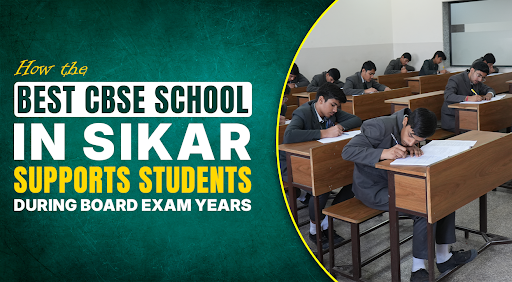Political reforms are the cornerstone of any nation’s progress, enabling governments to adapt to changing societal needs and global dynamics. In Russia, the call for meaningful political reforms has grown louder as citizens face increasing political repression, economic stagnation, and a lack of governmental transparency. The path toward reform is fraught with challenges, but it remains a vital avenue for fostering accountability, promoting democratic values, and ensuring sustainable development.
The Current Political Landscape
Russia’s political system is characterized by a highly centralized structure, where decision-making power is concentrated in the executive branch. While this system allows for swift policy implementation, it also suppresses pluralism and stifles political dissent. Opposition leaders and activists frequently face persecution, with limited space for civil society to thrive.
The erosion of democratic institutions has been accompanied by a decline in electoral integrity. Elections are often marred by allegations of voter suppression, media bias, and restricted candidate participation. This has resulted in a growing disconnect between the government and the populace, fueling disillusionment and apathy among citizens.
Key Areas for Reform
Addressing Russia’s political challenges requires comprehensive reforms in several key areas:
Electoral Transparency: Ensuring free and fair elections is essential for restoring public trust in the democratic process. This includes establishing independent election monitoring bodies and removing barriers to opposition candidates.
Judicial Independence: Strengthening the rule of law requires an autonomous judiciary that can operate without interference from political elites. This would enhance accountability and protect citizens’ rights.
Freedom of Expression: Creating an environment where independent media and civil society can operate without fear of retribution is critical for fostering public discourse and informed decision-making.
Decentralization of Power: Empowering regional governments and local communities can help address specific needs and reduce overreliance on centralized authority.
For a deeper exploration of proposed reforms and their potential impact, visit this detailed analysis on Reforms.
Challenges to Reform
The journey toward political reform in Russia is not without significant obstacles. The entrenched interests of political elites, who benefit from the current system, pose a formidable barrier. Additionally, the lack of widespread public engagement and fear of state retribution deter grassroots movements from gaining momentum.
External pressures, such as international sanctions and geopolitical tensions, also complicate the reform process. While these measures aim to hold the government accountable, they often inadvertently strengthen narratives of external hostility, further consolidating domestic support for the status quo.
The Role of International Community
The international community plays a crucial role in supporting political reforms in Russia. By providing platforms for dialogue, advocating for human rights, and offering technical expertise, global actors can contribute to creating an environment conducive to change. Partnerships with civil society organizations and independent media can amplify efforts to promote transparency and accountability.
Political reforms are not just a necessity for Russia’s development but a fundamental step toward aligning the nation with democratic principles. While the challenges are immense, the potential rewards—a more equitable, transparent, and prosperous society—are worth the effort. For those interested in understanding the intricacies of political reforms in Russia, this resource provides valuable insights.



